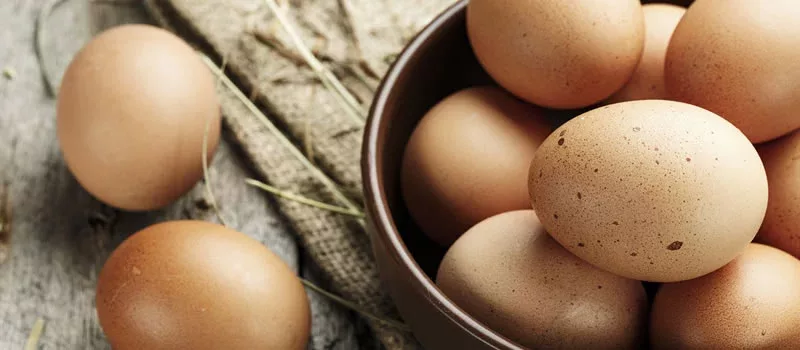
What are B Vitamins?
In this article
Difference between Vitamin Bs
There are eight B-group vitamins. These include:
- Vitamin B1, also known as thiamine, is essential for energy production. It helps the enzymes responsible for converting carbohydrates to energy to function properly. Vitamin B1 also helps to metabolise protein and fat, maintains healthy nerve, supports mental function and supports good heart health.
- Vitamin B2, also known as riboflavin, is important for the metabolism of other B vitamins. It is also a component of coenzymes which play a key role in cell function and growth, as well as energy production and metabolising fats.
- Vitamin B3, or niacin, is an important vitamin that is needed for converting carbohydrates and fat into energy. It also maintains nervous system function.
- Vitamin B5, also known as pantothenic acid, is necessary for the metabolism of carbohydrates, proteins and fats. It also plays a key role in energy production.
- Vitamin B6, also called pyridoxine, is essential for metabolising protein and carbohydrates. Vitamin B6 is necessary for forming red blood cells and manufactures certain brain chemicals. It can also impact on brain processes and development, as well as immune function.
- Vitamin B7, also known as biotin, helps enzymes to metabolise carbohydrates, fats and protein in food. It is rare to have a biotin deficiency, however, overconsumption of egg whites over several months could lead to a deficiency due to an egg white protein that can prevent the absorption of biotin.
- Vitamin B9, also known as folate or folic acid, plays a key role in producing red blood cells which carry oxygen around the body. It is also crucial during rapid periods of growth such as during pregnancy and foetal development. If you are planning a pregnancy or in your first trimester of pregnancy, you should visit your doctor to ensure you are getting adequate folate. Folate also helps with forming DNA and cell growth and protein metabolism.
- Vitamin B12, also known as cobalamin, was the last true vitamin to be discovered. It has many important effects, such as regulating cell division and the growth of red blood cells. It is also necessary for making myelin sheaths around nerves, which allow for the efficient transmission of nerve impulses. As we age, our bodies are not able to absorb as much Vitamin B12 from foods, which is why the elderly are particularly at risk of a Vitamin B12 deficiency.
Where can you find it naturally?
Vitamin B is found in many foods, but because all B vitamins are water soluble and quite delicate, cooking, food processing and alcohol can easily destroy them. Foods that have vitamin B include animal-based foods including meat, fish, eggs and dairy products.
Other foods that contain Vitamin B include green leafy vegetables, beans and peas as well as foods that have had Vitamin B added to them which can include cereals and bread. Vitamin B12 is almost exclusively naturally available in animal products so for people who follow a vegetarian or vegan diet B12 supplementation may be required. B12 can be added to foods or supplements.
- Vitamin B1 is found in whole grains, seeds (especially sesame seeds), legumes, wheat germ, nuts, yeast and pork.
- Vitamin B2 is found in milk and dairy products such as yoghurt, in whole grains, egg whites, green leafy vegetables, meat and yeast.
- Vitamin B3 is found in meats, including fish and poultry, milk, eggs, whole grains, nuts and mushrooms.
- Vitamin B5 is found in many foods, but particularly good sources include liver, milk, kidneys, eggs, meat, yeast, peanuts and legumes.
- Vitamin B6 is found in cereal grains, legumes, leafy green vegetables, fish, shellfish, meat, poultry, nuts, liver and fruit.
- Vitamin B12 is found in liver, meat, milk, cheese and eggs.
What are the benefits of taking Vitamin B supplements?
A person can only store a certain amount of B-group vitamins (except for B12 and folate which are stored in the liver) so a poor diet may lead to a Vitamin B deficiency. Eating a nutritious, balanced diet can help to ensure adequate Vitamin B consumption.
If you feel that you may require support from a Vitamin B supplement, you can learn about which Nature’s Own products may be appropriate for you. However, please visit a qualified health professional before starting a supplement.